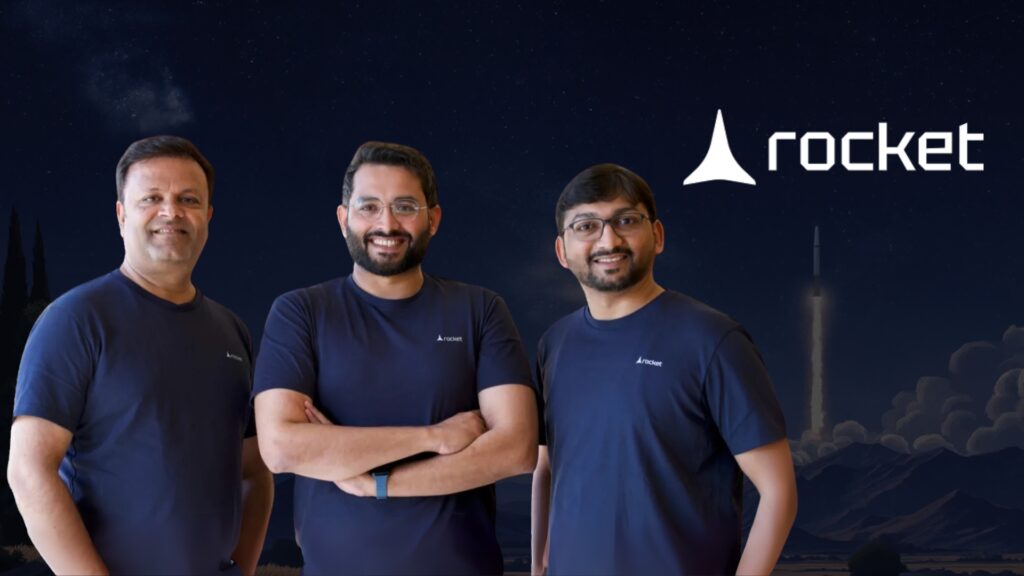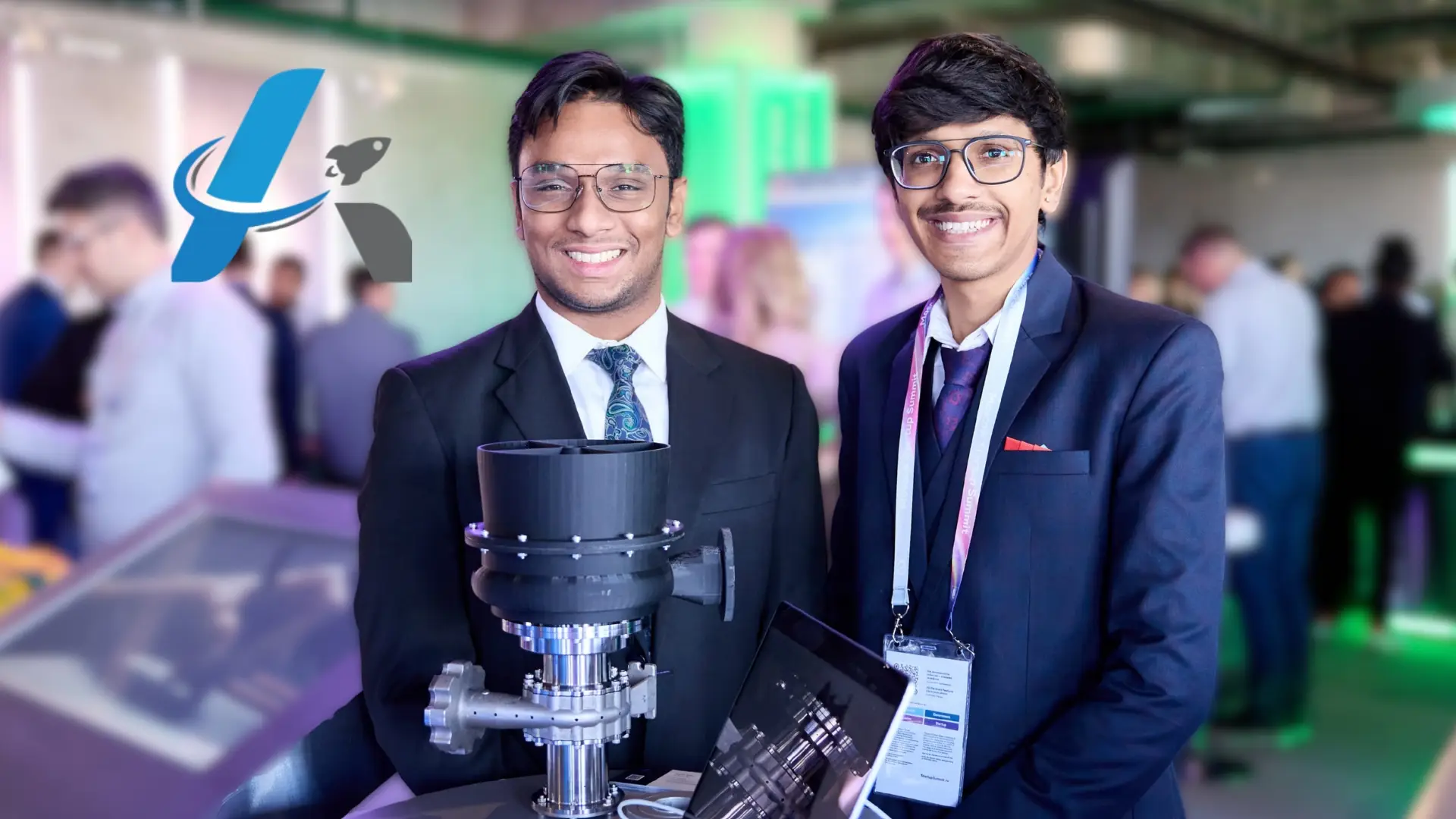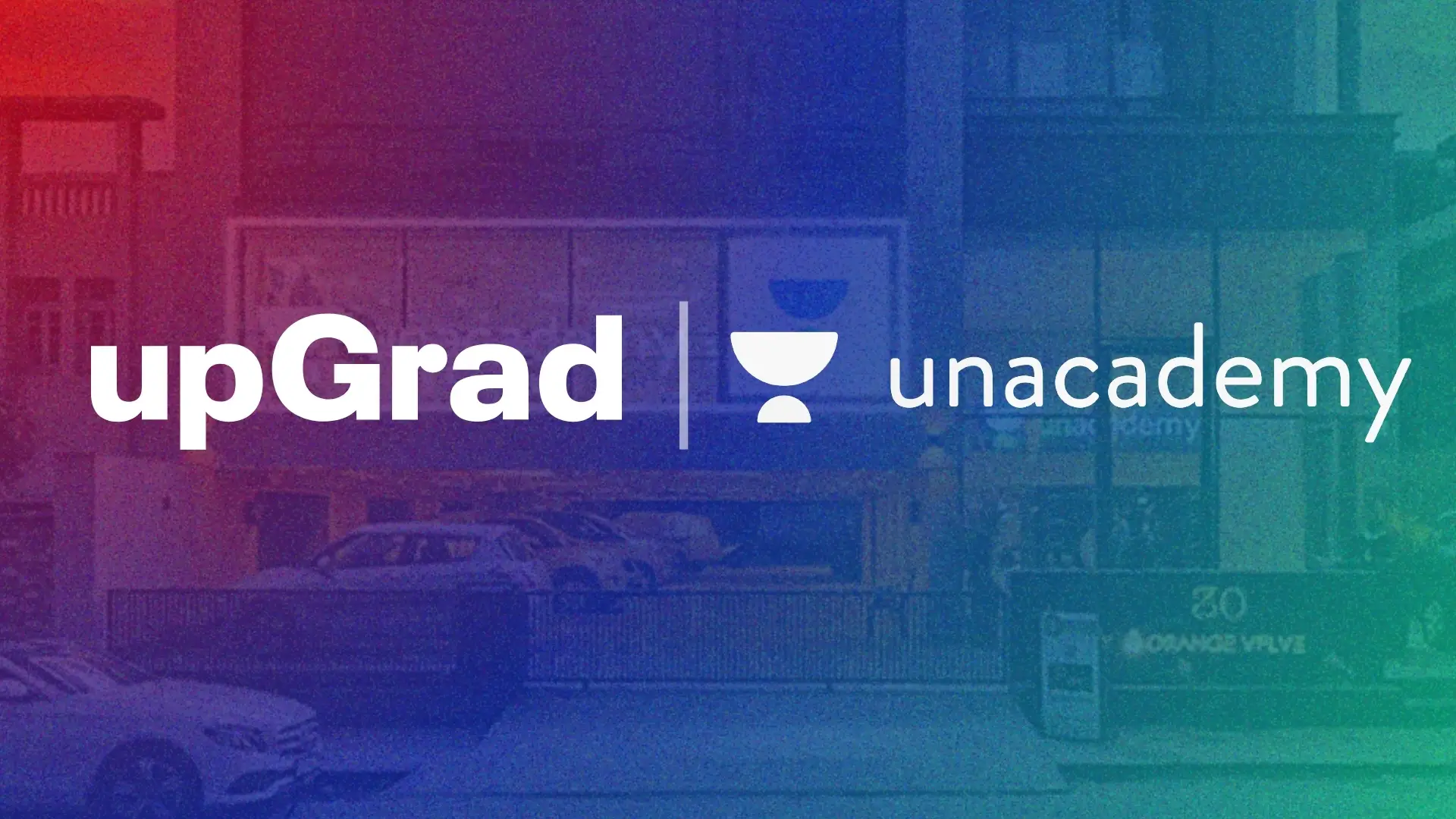Rocket, a SaaS platform designed to transform how software is built with AI, has raised $15 million in seed funding, co-led by Salesforce Ventures and Accel, with participation from Together Fund and India Quotient. The startup, with teams in Surat and Palo Alto, aims to eliminate the gap between prototypes and production-grade applications.
From Prototypes to Production
The idea for Rocket emerged when co-founder Abhishek Kumar asked a Fortune 500 CTO why enterprises still rely on traditional development methods despite the rise of generative tools. The reply was blunt: existing tools are great for mockups, but “the code doesn’t hold up” for real-world use.
That insight became the foundation of Rocket’s vision: instead of tools that create flashy demos, build a platform that ensures “day two” of a product deployment, scaling, and maintenance is as reliable as the demo itself.
Strong Early Momentum
In just 15 weeks since launch, Rocket has attracted over 400,000 users across 180 countries. Fortune 100 companies are piloting the platform for live deployments, while agencies and small businesses from Brazil to Dubai have shipped applications using Rocket. The clear demand: speed of delivery, but without sacrificing trust in the product.
Introducing “Vibe Solutioning”
Rocket’s core innovation is what the team calls Vibe Solutioning a step beyond “vibe coding” tools that generate fragile prototypes. Instead, Rocket focuses on capturing user intent and delivering applications that stay stable across iterations.
The platform remembers a company’s brand, user flows, and design language, ensuring that every version of an application improves in quality. The result is software that feels contextual, reliable, and ready for production.
Why It Matters
Rocket’s founders previously built DhiWise, a tool that turned Figma designs into code. While developers loved the speed, the brittle scaffolding left teams frustrated. That experience inspired Rocket’s mission: software that stays alive after day one.
With Rocket, a simple brief or Figma file becomes a working application complete with a clean repository, preview, and path to production. Enterprises choose it for the balance of speed and trust, avoiding endless rework or broken code.
Measuring Success
Rocket plans to track its progress through measurable outcomes:
- Time to first value: minutes, not months, to build multi-page apps.
- Retained deployments: apps that remain in production, not just demos.
- Completion rates: ensuring 85–90% of complex builds reach the finish line.
- Iteration speed: the ability to adapt and deploy as requirements grow.
Looking Ahead
The company’s north star is ambitious: “one prompt → one fully functional, production-grade app.” By enabling enterprises and small teams alike to move from intent to product without brittle code, Rocket wants to set the standard for AI-powered software development.
Backers and Thanks
Rocket’s co-founders credited early adopters, startups, agencies, and enterprise partners for pushing the product forward. The 50-member team across India and the U.S. is now focused on scaling responsibly, with the new funding dedicated to strengthening infrastructure and accelerating product development.
“Imagination deserves production, not just prototypes,” the company said in its announcement. “The world doesn’t need more demos. It needs software that lasts.”
Also Read: How UPI Revolutionized Gold: From Toffees to Digital Wealth in India










